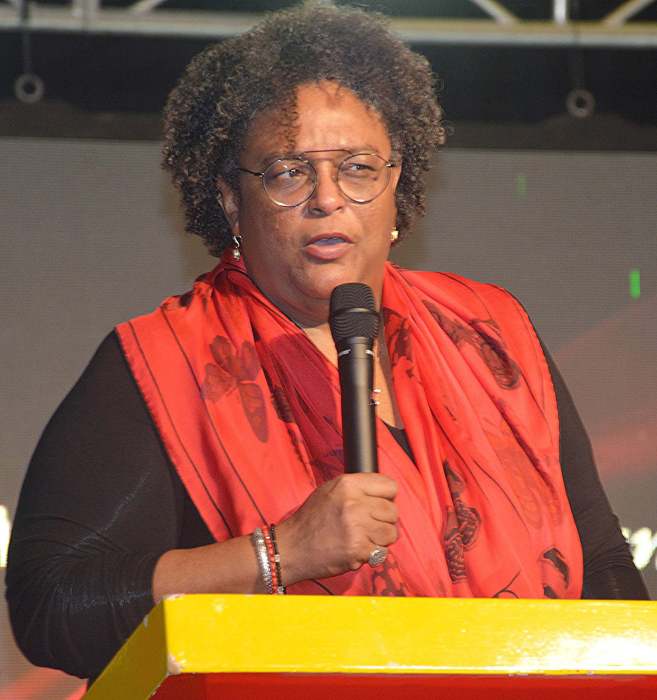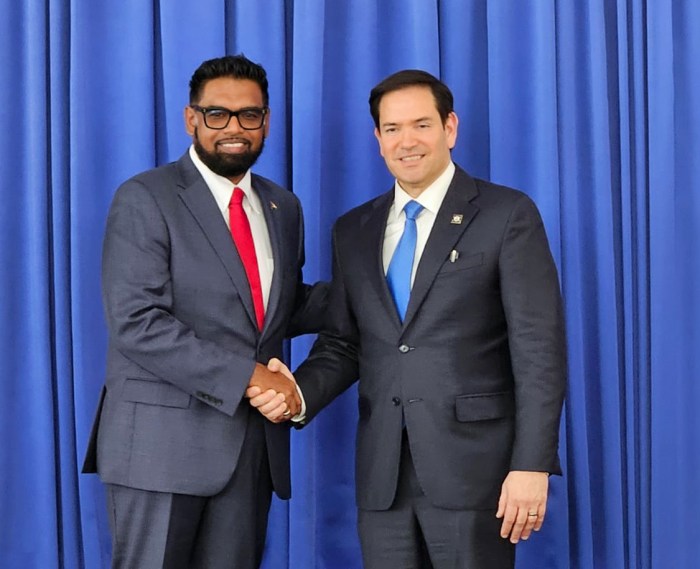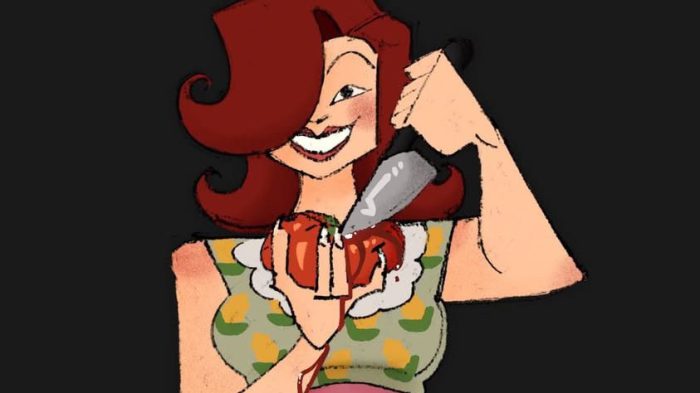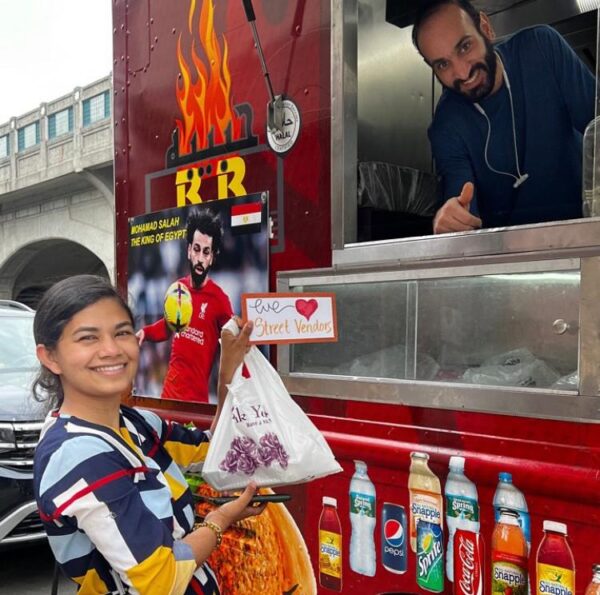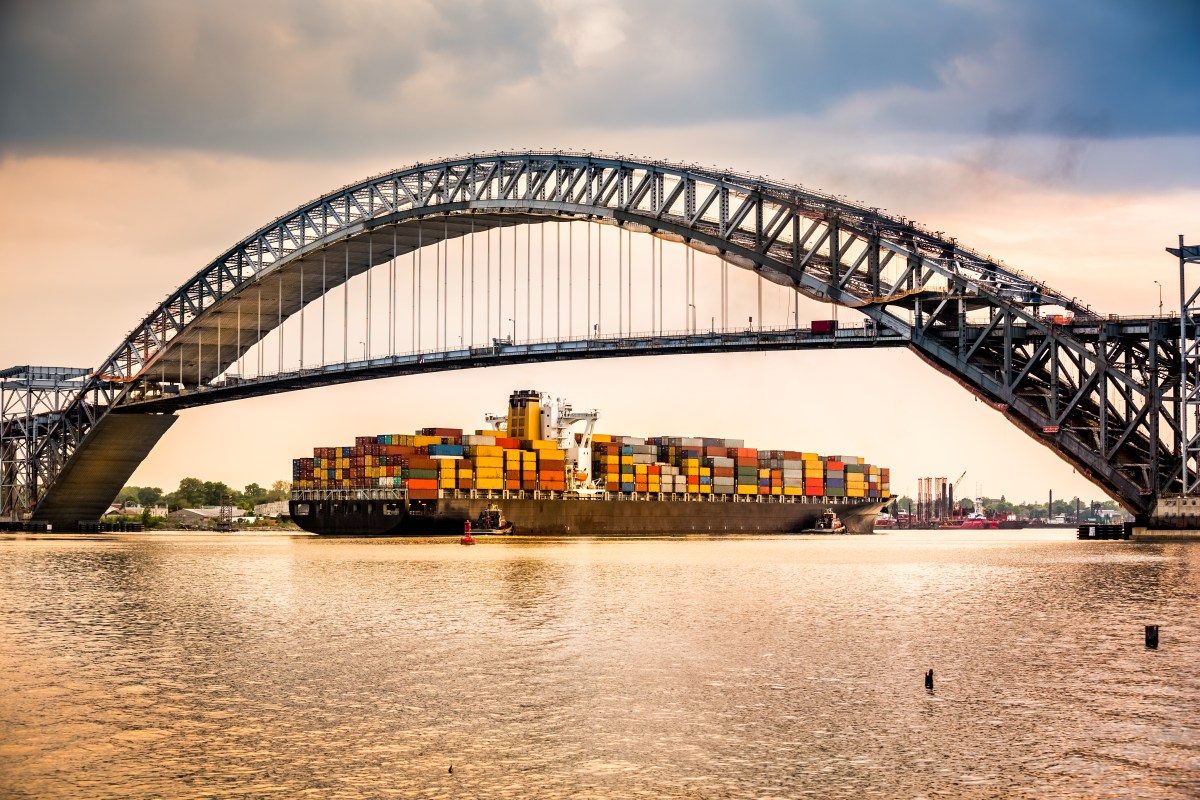On Thursday June 13, it would have been 33 years since an improvised device exploded in the lap of one of the world’s leading academic thinkers, killing Dr. Walter Rodney, seriously injuring his brother and perhaps robbing the country of a political revolution that might have gone a long way in healing the lingering racial divide in Rodney’s native Guyana.
The then government of Prime Minister Forbes Burnham was globally blamed for the death of Rodney near the city’s main prison compound and even though it has strenuously denied such allegations, the accusation has stuck.
Since then, successive administrations have resisted calls for a formal and proper inquiry into his death but most of those who were close to Rodney at the time, now fear that many of the players associated with the political revolution he was leading at the time and those in the military and government which had opposed it have either died, have failing memory or are on the way to the grave. Time is running out, they charge.
Credited internationally with authoring some of the most incisive and seminal historical works, Rodney is best known for his work on “How Europe Had Underdeveloped Africa” and for the uplifting lectures he had delivered in the Caribbean and around the world up to the time of his death on a dark, lightly used street in south Georgetown.
The multiracial Working People’s Alliance (WPA) which he had co-founded and led up to that fateful Friday night in June 1980, is today a shadow of its self, as it has never really recovered from the blow and the blast inflicted by military intelligence and those in government who had feared Rodney’s phenomenal rise and the impact he had on politically uniting Guyana’s perennially feuding two major race groups: Afro- and Indo-Guyanese.
For that alone he is passionately remembered at home. This is even as the WPA is now part of an opposition group that is likely to form the government at the next elections, due in 2016.
Wazir Mohamed, a former WPA Co-Leader and now assistant professor at Indiana University East, argues that all Rodney wanted was for a revolution that would have brought better times to the country that gave him birth, at a time when it was widely believed that the leadership was headed to political dictatorship and had been oppressing citizens with its then socialist experiment.
“He worked tirelessly until he was assassinated to construct a multi-racial front to confront the oppressors in order to bring about transformation. Walter Rodney cared less for change in leadership. He was interested in transformation,” said Mohamed.
Mohamed’s fellow academic and WPA founder Nigel Westmaas who teaches Africana Studies at New York’s Hamilton College, has done extensive reviews on Rodney and has a collection of his works and speeches that most people interested in the life and works of Rodney would envy.
He also thinks that Rodney achieved the most among Guyanese politicians in forging racial unity and sent this publication quotes of his work on the topic.
“In the midst of national crisis, Guyanese have made some gain. The most dramatic achievement has been the consolidation of racial unity. Africans and Indians are standing side-by-side in a way that has not been true since 1953 (self governance). Indeed, we now have a degree of racial unity greater than at any previous time in our history. The WPA has consistently argued that political unity across racial lines was most desirable and possible,” Rodney said.




